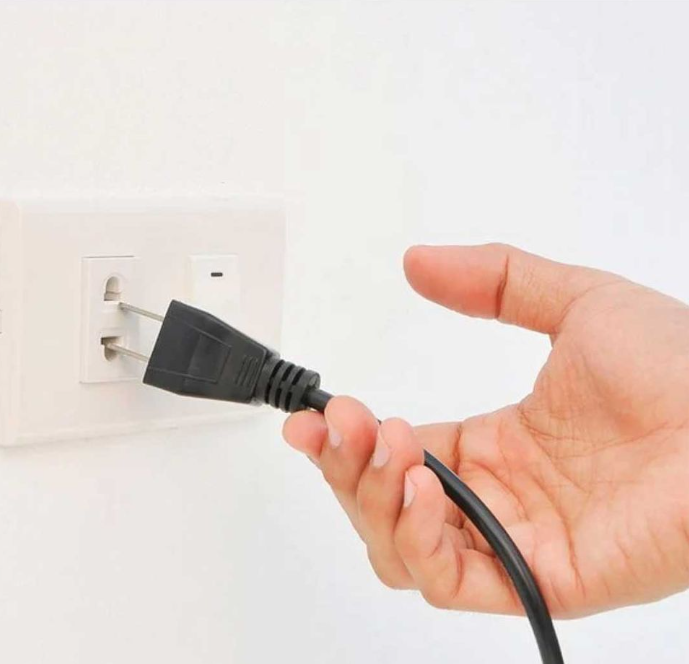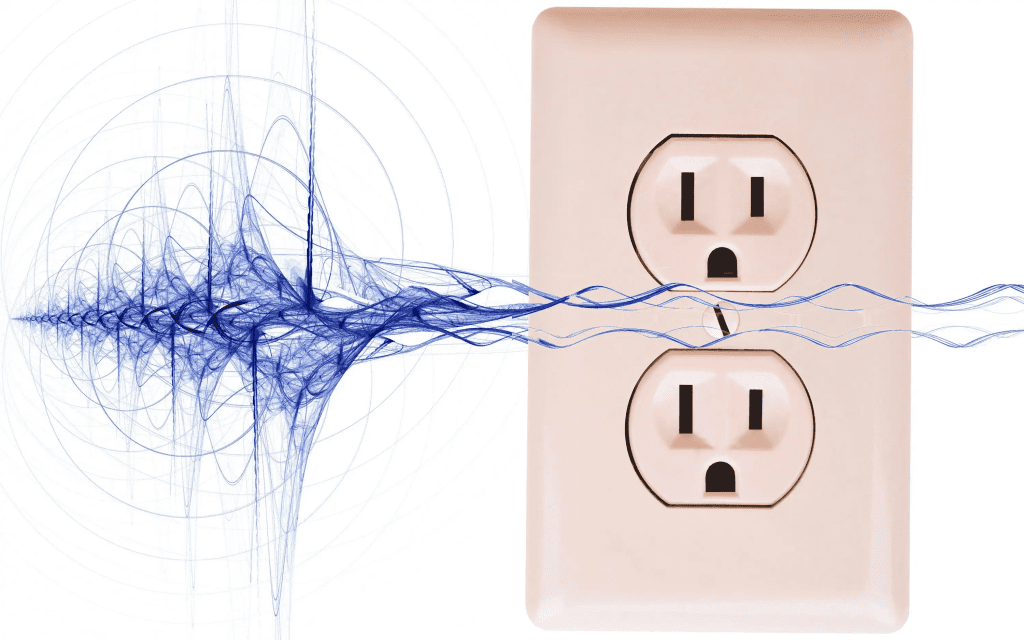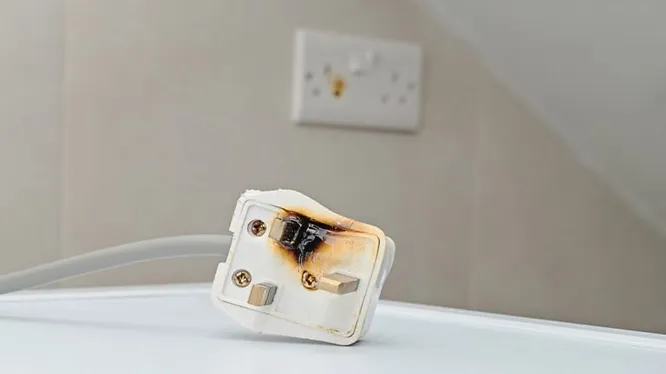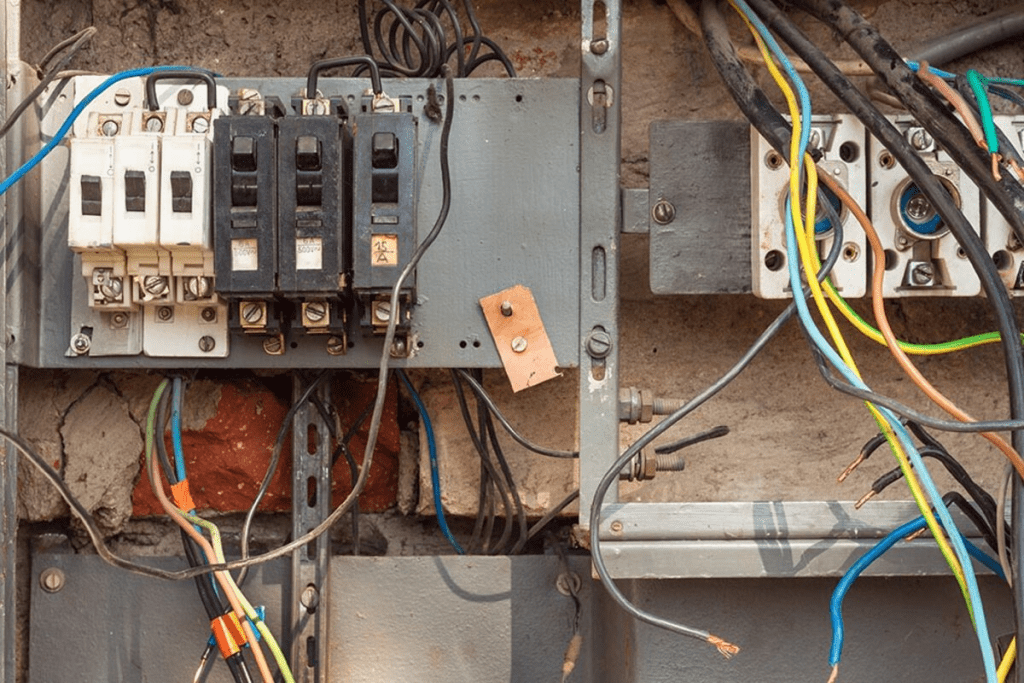Your home’s electrical system is like the nervous system of your house. It quietly works behind the walls, powering everything from your lights to your appliances. But when things go wrong, electrical problems can escalate into dangerous situations like fires or electric shocks. So, how can you tell if there’s something off before it becomes a hazard? Here are 11 subtle signs you may have an electrical issue lurking in your home.
The Importance of Identifying Electrical Issues Early

Let’s face it: electrical problems aren’t always obvious. That flicker in your living room light might seem harmless, but it could signal something much bigger. Identifying electrical issues early on not only saves you from costly repairs but also protects your family from serious risks like fires. Addressing small signs now could be the difference between a minor repair and a full-blown disaster.
1. Frequent Circuit Breaker Trips
Does your circuit breaker trip more often than you’d like? This is your first clue that something’s wrong. Circuit breakers are designed to cut off the power when the system is overloaded to prevent overheating and fires. If this happens regularly, it means your electrical system is either outdated or overworked. In some cases, it could signal deeper issues, like faulty wiring. It might be time to call an electrician to evaluate the situation.
2. Unusual Odors and Burning Smells
Notice a strange burning smell but can’t find the source? That’s a major red flag. Burning or odd odors coming from outlets, switches, or even your electrical panel could mean that components are overheating. This is a serious fire hazard. If you ever detect such smells, immediately shut off the power to that area and contact an electrician. Ignoring this could lead to devastating consequences.
3. Flickering or Dimming Lights
Are your lights flickering or dimming unexpectedly? It’s not just annoying—it’s dangerous. When lights flicker or dim when you turn on an appliance or for no apparent reason, this could be a sign of an overloaded circuit or poor wiring. Either way, it’s an issue that needs immediate attention. Over time, these problems can lead to overheating, posing a fire risk.
4. Discolored or Warm Outlets and Switches
Touching an outlet or light switch and feeling warmth isn’t normal. If you notice discoloration or warmth around outlets and switches, it means the wiring behind them may be overheating. This is a serious concern that requires prompt intervention by a professional. Warm outlets can lead to electrical fires if left unchecked, so don’t delay in getting them inspected.
5. Sparking Outlets
A little spark when plugging in a device might not seem alarming at first, but frequent or large sparks definitely are. Sparking outlets indicate loose wiring, moisture, or some other form of electrical fault. This can lead to electrocution or fire if not addressed. Never ignore sparking, and always consult an electrician if it keeps happening.
6. Buzzing Sounds from Electrical Fixtures

If you hear buzzing or humming noises from your electrical outlets, switches, or even appliances, it’s a sign that something’s wrong. Buzzing sounds usually mean there’s an issue with the wiring or that an electrical component is malfunctioning. This noise is your system crying out for help. Don’t ignore it; get it checked out before it escalates into a more significant problem.
7. Loose or Frayed Wiring
Loose or frayed wires are an accident waiting to happen. They are commonly found in older homes or areas of high wear and tear, such as basements or attics. Exposed wires can easily lead to electrical shocks or fires. If you spot any frayed or damaged wiring, have it replaced immediately. Regularly inspecting visible wiring around your home can prevent minor issues from turning into catastrophic events.
8. Shocks When Touching Appliances

Have you ever received a mild shock when touching an appliance or switch? That shock is telling you something’s wrong. Even a small electric shock indicates faulty wiring, grounding problems, or appliance malfunctions. Don’t brush it off as a one-time occurrence. If you experience any shock, it’s essential to have the electrical system or appliance professionally inspected.
9. High Electricity Bills with No Apparent Cause
Is your electricity bill climbing for no clear reason? Faulty wiring or electrical problems could be the culprit. When wiring is damaged or appliances aren’t working efficiently, they tend to pull more power than necessary. Identifying the issue not only helps lower your energy bill but also ensures that your system isn’t on the verge of a more serious problem.
10. Older Home with Outdated Wiring

If you live in an older home, you may be dealing with outdated wiring like knob-and-tube or aluminum systems. These types of wiring systems can’t handle modern electricity demands and are more prone to causing electrical problems. Older wiring also increases the risk of fire. If your home hasn’t had an electrical inspection in a while, it’s a good idea to schedule one to see if your wiring needs to be updated for safety.
11. Frequent Bulb Burnouts
Do your light bulbs burn out faster than they should? This is another sign that something’s wrong with your electrical system. Constant bulb burnouts could mean poor electrical connections, excessive voltage, or faulty wiring. While it may seem like a minor annoyance, frequent burnouts can be a symptom of a bigger underlying problem.
Conclusion: Stay Safe by Paying Attention to Electrical Warning Signs
Electrical issues can be subtle but deadly. By staying vigilant and addressing these warning signs early, you can avoid costly repairs and protect your family from potential hazards. If you notice frequent circuit breaker trips, strange smells, flickering lights, or other signs mentioned in this article, don’t hesitate to contact a professional. Regular maintenance and inspections can keep your electrical system running smoothly, ensuring your home remains a safe and comfortable place to live.


